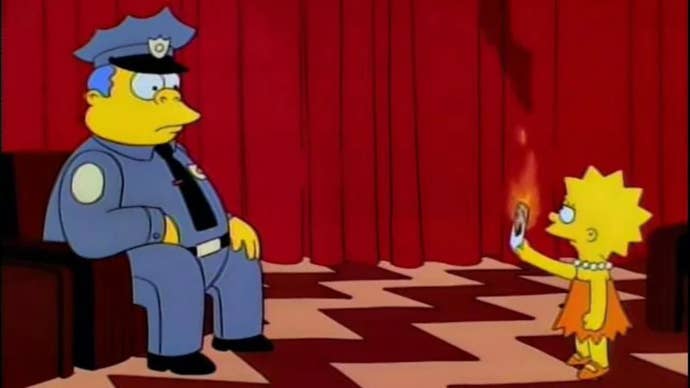[ad_1]
Laura Palmer. It’s a name I’ve been aware of for years now, one that comes from the cult classic series Twin Peaks. Her face, too, is one I’ve frequently seen due to the iconic photograph seen frequently throughout the show being repeatedly shared online. But despite the fact that I’ve consumed many works inspired by Twin Peaks, I’ve never watched the show myself. With Alan Wake 2 on the way, I thought it was about time I watched it, and you know what? Remedy Entertainment’s original Alan Wake makes more sense to me than ever before.
This isn’t the first time I’ve experienced something that was the subject of influence rather than the influential piece itself. Earthbound and Undertale are a great example of this, the latter easily being one of my favourite games, though the former being a title I didn’t play until a number of years after I experienced Toby Fox’s indie RPG. It was an interesting experience, because it made some of the reasons as to why Undertale is the way that it is clearer, but also showed how unique of a work it is compared to the game it drew so much from.
I find myself experiencing such a thing again with David Lynch and Mark Frost’s Twin Peaks, a show that is so clearly an inspiration to Remedy’s games as a whole, but probably most of all with Alan Wake. A quiet town as a setting that up until recently didn’t have too much going on? Surreal, supernatural happenings occurring that don’t really explain themselves in all that much detail? An overwhelming love of a good cup of coffee? All of these things are aspects of both Twin Peaks and Alan Wake, though in their own particular ways.
While I didn’t play Alan Wake until a number of years after it was released, I still enjoyed my time with it, even if it was most definitely flawed in places. Some of those flaws were at times confusing, but also often charming, possibly not even negatives at all. Take, for instance, the television-like recaps and episodic nature of the game. It’s not something that makes much sense unless you put the controller down after each “episode,” but they were there anyway. It certainly added to the surreal element, almost implying that the game was there to be watched just as much as it was to be played, but could be argued as an odd choice.

Yet, seeing how Twin Peaks plays out over its numerous episodes, that TV-like format that Alan Wake adopts makes so much more sense to me now. Sure, you might not be tuning in week to week the way you would any other television program, but it denotes a particular type of pacing; it’s telling you “this is the stopping point of this section, but there’s more to come.”
Much like Alan Wake, Remedy’s most recent title Control also comes closer into focus, and has helped form a much stronger sense of its own identity. It too has sprinkles of Twin Peaks, like the mysterious janitor Ahti, possibly akin to someone like The Giant. With Alan Wake and Control together, it becomes clear what Remedy is doing here. It’s writing a love letter to Lynch and Frost’s seminal work.
Everything Remedy is doing with its Connected Universe is of course its own thing, it’s not wholesale copying anyone, more making its own stake on the genre of new weird. But still, its games feel like a response to a conversation, almost as if it’s looking to Twin Peaks and saying, “and what do you think about this?” I guess the only question now is, what will Alan Wake 2 add to that conversation?
[ad_2]